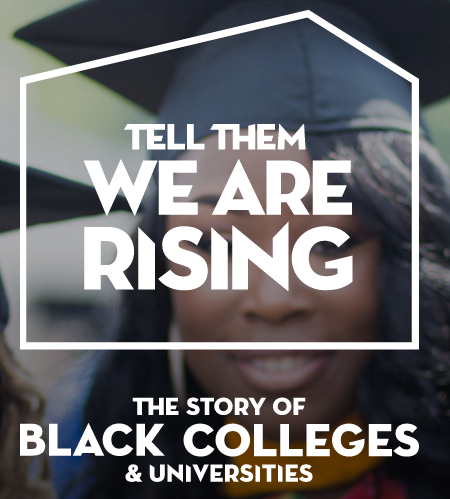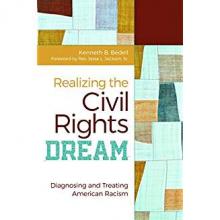Brief Summary of Chapter 6
Page Number
The Power of Paradigms
This chapter defines paradigms and argues that there is a white paradigm that is based on the belief in white culture and its superiority to all other cultures. A component of the white paradigm is that people with white skin are superior to people of color. The social construction of racial identity is described. Finally
- Read more about Brief Summary of Chapter 6
- Log in or register to post comments

 This important film tells the story of Historically Black Colleges and Universities. The story of the African American education beginning with the period of slavery provides a context. Importantly, the film lifts up the role of students in standing up to adults, both black and white, who failed to confront racism. The of end the film briefly
This important film tells the story of Historically Black Colleges and Universities. The story of the African American education beginning with the period of slavery provides a context. Importantly, the film lifts up the role of students in standing up to adults, both black and white, who failed to confront racism. The of end the film briefly


 Contact Us
Contact Us